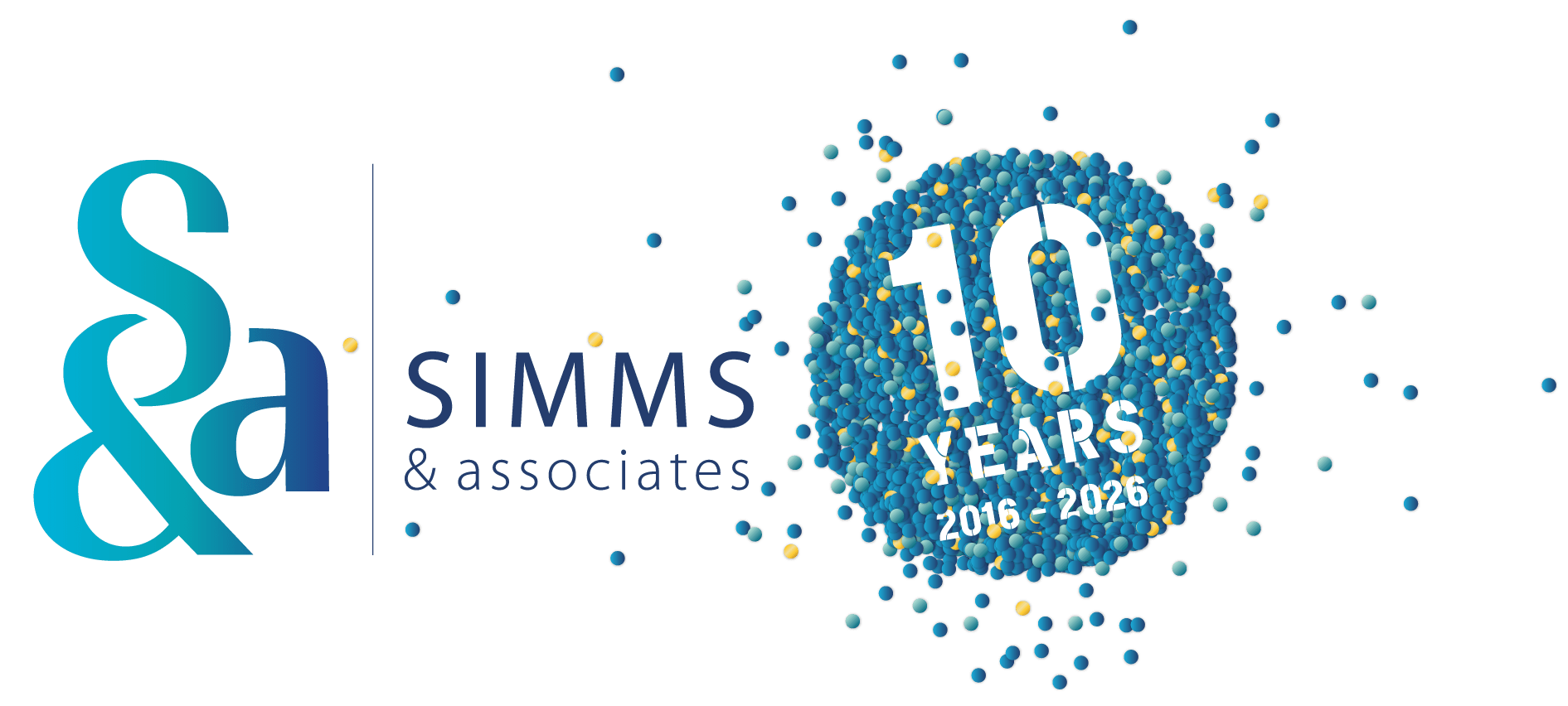For a long time, empowerment was seen as simply delegating: giving a bit more autonomy, distributing decision-making, loosening control. But at Simms & Associates, we understand that empowerment isn’t a one-off transfer of power—it’s a structural redesign of how we work together.
When Barriers Are Removed, Talent Thrives
The first step to genuine empowerment is removing the obstacles that get in the way of action. We’re talking about overly hierarchical processes, unnecessary bureaucracy, constant approval loops, or a culture of fear around making mistakes.
When those barriers are taken down, something powerful happens: people start acting as true agents of change. They make informed decisions, propose improvements, take ownership, and collaborate more effectively.
Empowerment Isn’t Chaos – It’s Clarity
Empowerment doesn’t mean everyone doing whatever they like. It means offering context, direction, and trust. It means aligning teams with a clear vision, establishing guiding principles, and then making space for each person to contribute based on their expertise.
When the purpose is understood, autonomy becomes a driving force—not noise.
Real Stories, Tangible Impact
In our work with global organizations and distributed teams, we’ve seen how an empowerment-based approach accelerates outcomes. Teams, once dependent on constant external approval, began solving problems in real time. Overloaded managers found relief by delegating decisions with confidence. And people, feeling heard, became more engaged.
Have a look at some of our success stories.
Empowering Leadership Is Transformational
Empowerment isn’t a symbolic gesture—it’s a daily practice. It means listening without judgment, delegating with intent, giving constructive feedback, and recognizing that no one holds the monopoly on good ideas.
Empowerment builds cultures that are more resilient, adaptable, and future-ready. And most importantly, more human.
When empowerment is rooted in trust, transformation no longer rests on a few individuals—it becomes a shared responsibility.
And in a world that changes every day, that’s one of the most powerful strengths any organization can have.
